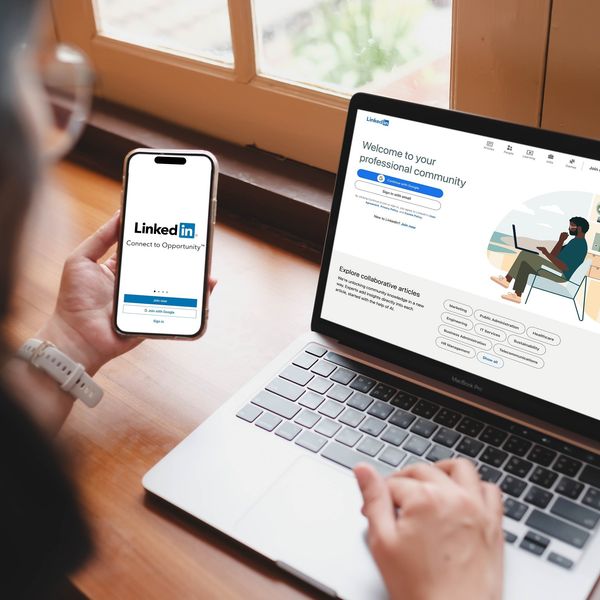
Creating the Right Digital Marketing Campaign for Your Business
By Claire Prendergast
Not all digital marketing campaigns are created equal. Some strategies reap greater rewards than others, depending upon the size and type of business. Creating the right digital marketing campaign can be challenging, but here are tips to get you started on a successful campaign:
Know what you want to achieve
Different businesses have different digital marketing objectives. A small business that relies upon high-volume seasonal sales, for example, may want to concentrate its efforts on a targeted, time-limited campaign. Larger B2B companies, on the other hand, are often better served by establishing long-term brand awareness among their clientele.
Generally speaking, the most sought-after objectives in any digital marketing campaign include:
- Improve the conversion rate on the company website.
- Increase customer engagement on a specific social media channel.
- Boost the percentage of online sales.
- Expand the brand reach and overall size of the target audience.
Whatever the goal, make sure it is SMART — specific, measurable, achievable, realistic, and timely. Your digital marketing campaign should aim for both milestone achievements and one or more secondary objectives.
Focus on consistency in your message
Every business wants to build trust with its customers, but changing brand messages across different platforms, or significantly altering the message to fit short-term and long-range campaigns, may confuse and alienate the target audience. It’s critically important that you consistently communicate what your business offers and what customers can expect.
“Consumers want a consistent, personalized, and on-brand experience regardless of the channel, so when designing your landing page it’s important to be mindful of your brand and messaging,” says digital marketing consultant Muhammad Ali. In addition to your landing page, Ali says, make sure there’s consistency “in colors, tag lines, fonts, features, and copy across social media, landing pages, email marketing lists, and other communications.”
It’s always about the customer
Regardless of the needs of your business, a successful marketing campaign always focuses on customers first — their needs, pain points, preferred mode of interaction, etc.
“It’s not always about selling right away,” notes Nathaniel Seevers at Shout Out Studio. “There’s a time for, and a long-term strategy around, educating markets and building an engaged audience before advocating for your product or service.”
What works for B2B campaigns
For businesses selling to other businesses, the primary objectives are generally relationship building and lead generation. This means designing a campaign that extends across an entire sales cycle, recognizing that the purchasing decision occurs only after multiple steps and usually involves more than one person.
Business buyers are very sophisticated, with a high level of knowledge about your product and service, and what the competition has to offer. For this target audience, a successful digital marketing campaign should offer content that emphasizes value and quality (articles, newsletters, white papers, press coverage of the product or service, B2B customer testimonials, etc.) and helps guide their buying decision.
A B2B email marketing campaign drives prospects to a customized landing page where they can learn more about a company’s products or services. From there, the use of newsletters, direct mail, webcasts, and follow-up by sales representatives moves the prospect through the sales cycle.
What works for B2C campaigns
Companies marketing directly to consumers generally focus on more aggressive, short-term efforts. A successful digital marketing campaign makes use of displays, special offers, vouchers, contests, and other promotional efforts to capture the customers' interest right away. The objective is to guide customers to a landing page that offers compelling product information and easy access to a shopping cart and checkout page.
Startups and digital marketing
For new businesses, social media is the platform for attracting consumer interest and building brand awareness. It costs nothing for startups to create and post company profiles on most social media sites, but companies should be wary of too much self-promotion. A more effective approach includes offering content of value to followers, establishing authority and demonstrating status as an industry thought leader.
As part of a digital marketing strategy, social media strategist Derek Miller advises startups to consider making “small investments” in these platforms:
- Promote your Facebook posts through Facebook ads for optimal visibility.
- Aim for higher user engagement through sponsored tweets on Twitter.
- Take a test drive with LinkedIn’s Sales Navigator, a paid service for finding leads and contacts.
Above all, for businesses large and small, the key is engagement with existing and prospective customers. As part of your marketing campaigns, take part in online conversations, offer valuable content, remain consistent in brand messaging, and stay on top of the ever-changing digital landscape.
About the Author
Post by: Claire Prendergast
Claire Prendergast is the Director of Marketing Communications at agencyEA, a Chicago-based brand experience agency specializing in experiential, digital and traditional engagement. She guides the strategic vision of the company’s brand, messaging, and voice, while supporting and evolving digital programs for clients. Claire also oversees all of agencyEA’s internal and external marketing communications, including digital marketing and public relations.
Company: agencyEA
Website: www.agencyea.com



